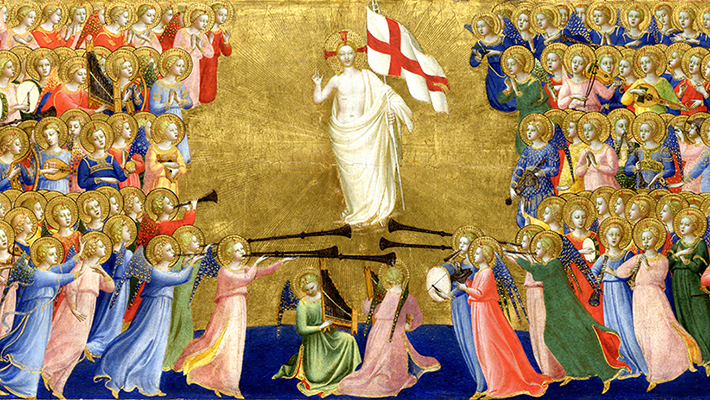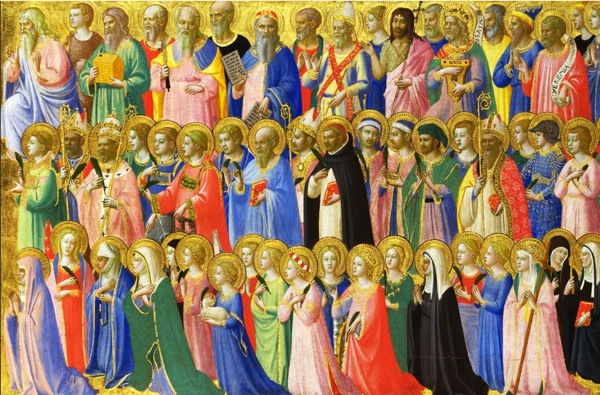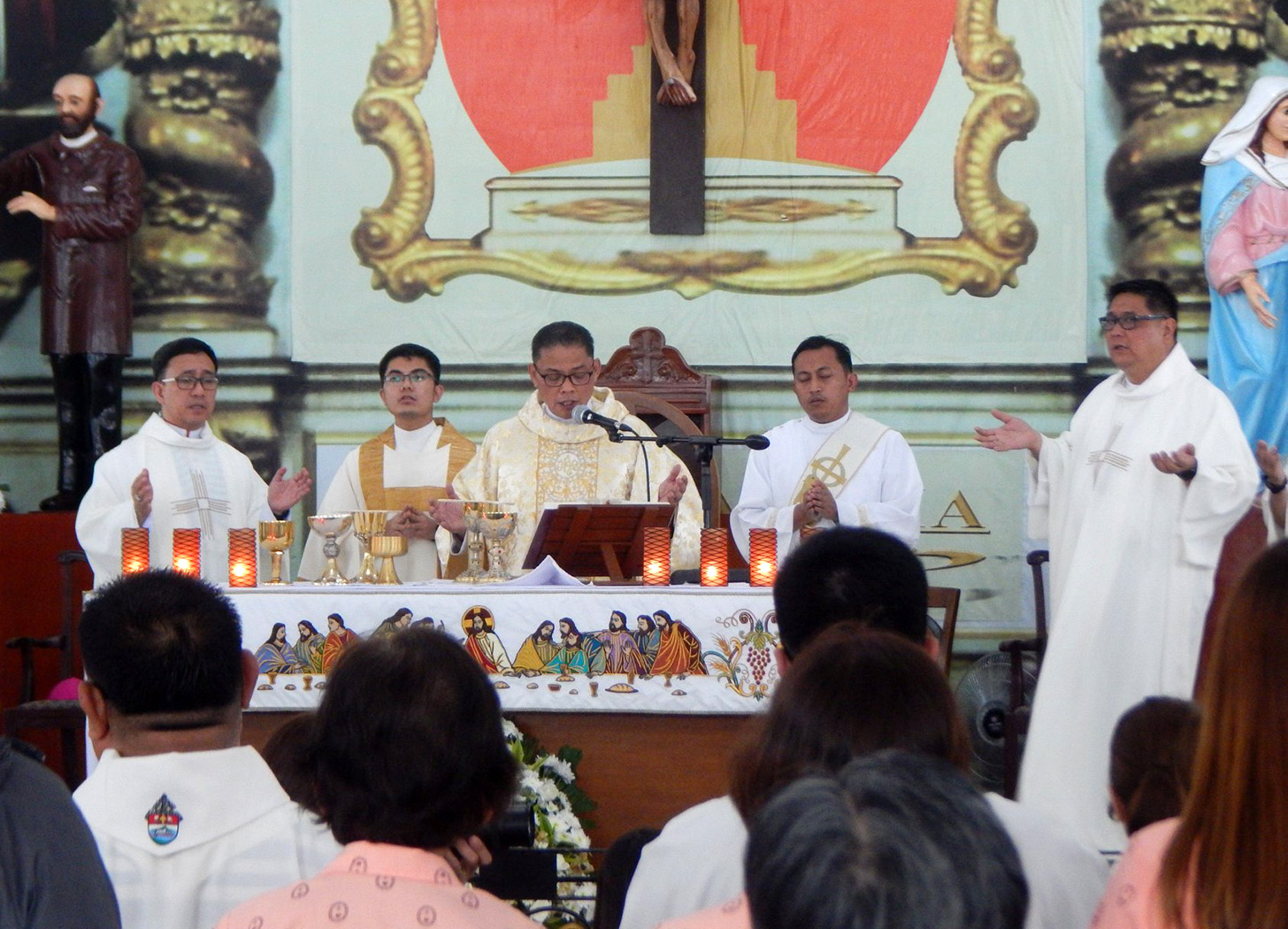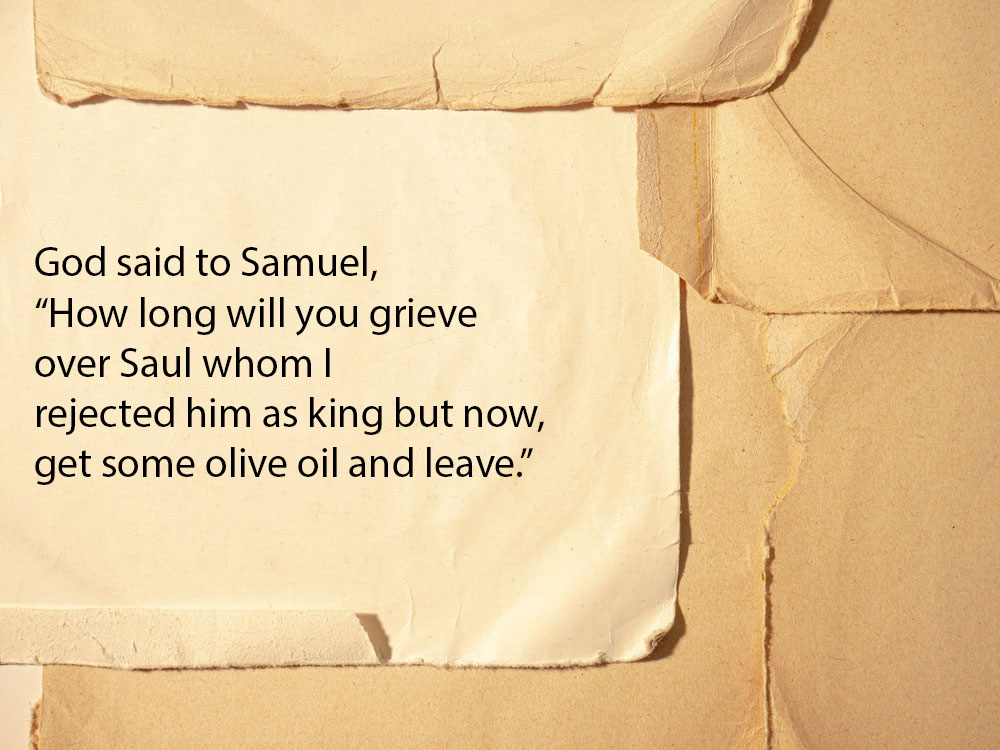by Fr. Amado L. Picardal, CSsR, SThD
THE most hotly debated issue at the just-concluded Synod of Bishops is whether to allow those who are divorced and remarried to receive Holy Communion. In the Philippines where divorce is not permitted by law, this may be a non-issue. Yet there are those who have separated from their spouses and are now cohabitating with their new partners. So in way, the issue may also concern them.
There are many bishops who want to hold on to the canonical restriction which prohibits communion to the divorced and remarried. The reason given is that they are living in sin—they are committing adultery—and cannot receive communion.
It would be a scandal to allow them to do so and completely wrong. Besides being sacrilegious, it would give a message to all that divorce and adultery is now tolerated. Many priests, religious and lay faithful hold on to this canonical restriction which they consider as dogma and would be upset if this is changed.
On the other hand, there are those who want to change the law and allow those whose marriages have failed and who have remarried to receive the body of Christ in Holy Eucharist. They believe that God is merciful and the Church should show this mercy to the divorced and remarried. This is appropriate especially during this Holy Year in which mercy is the theme. Allowing them to receive communion is an expression of mercy. Even if they are unworthy they remain recipients of the mercy of God and the Church.
This debate has nothing to do with changing any doctrine or dogma. Divorce is still prohibited by the Church and adultery remains a sin. It is about whether a canonical restriction should be lifted or not. I hold that this debate cannot be resolved by framing it in terms of being faithful to the law versus showing mercy. Rather, we have to review the theology of the Eucharist and discover the meaning of receiving Holy Communion. What does it mean to receive Holy Communion and what does prohibition from receiving it signify?
From the perspective of the ecclesiology of communion, the Eucharist is the Christian community’s celebration of communion between the community and the Lord who is present, especially in the consecrated bread and wine. It is also the celebration of the communion among the members of the Church which is the body of Christ. The communion celebrated and deepened in the Eucharist has a vertical and horizontal dimension. The Eucharist is therefore a celebration of the unity, friendship and sharing between the community of believers and the Risen Lord and among the believers themselves. The person who receives the body of Christ in Holy Communion celebrates and affirms his/her communion with Christ and with the Church—the body of Christ. At the same time the person draws spiritual nourishment from Christ through the Church—a grace which is gratuitous.
The question then is, does sin totally cut off the person’s communion with Christ and His body the Church? Does sin prevent sinners from celebrating communion with Christ and with the Church? Does sin excommunicate the sinner and make the sinner unworthy of receiving the body of Christ?
If the answer is yes, then only a few can go to communion—the sinless few, for the ordinary Christian is a sinner—in varying degrees. Even the pope, in an interview, defines himself as a sinner. Eucharistic communion is, therefore, the prize for the perfect or righteous ones. If the answer is: it depends on what sin, then which sin? What about thieves, murderers, the corrupt politicians, or those that destroy the environment—can they receive holy communion? Should they be barred from communion? Or is it only those who have committed adultery—those who are divorced and remarried—are the only ones considered “living in sin” and not allowed to go to communion?
The final question is: is it true that the divorced and remarried have totally ruptured their communion with Christ and the Church? Have they been excommunicated or excluded from the Church and separated from Christ that they do not deserve to receive Holy Communion? If yes, then it signifies that they have been excluded from God’s grace and condemned to live the rest of their life separated from God in all eternity. It means that they are excluded from receiving spiritual nourishment from Christ and the Church. They should not even go to Mass at all for going to the Eucharist without partaking of the body of Christ is like going to a banquet without partaking of the food from the table.
The Pharisees and religious leaders of his time were scandalized by Jesus who ate with sinners. They called him a glutton and a drunkard, a friend of sinners. In the banquet of the Lord—the symbol of God’s kingdom—Jesus welcomes even those who have been condemned as sinners and considered by the Pharisees as excluded from the Kingdom and from God’s saving grace and mercy.
In approaching this issue, one should avoid the mentality of the self-righteous Pharisees who were obsessed with the strict and rigid observance of smallest precepts of the law and forgot to observe the greater law—of love, mercy and compassion. Jesus had harsh words for them. “Woe to you….”
Article taken from: CBCP News











